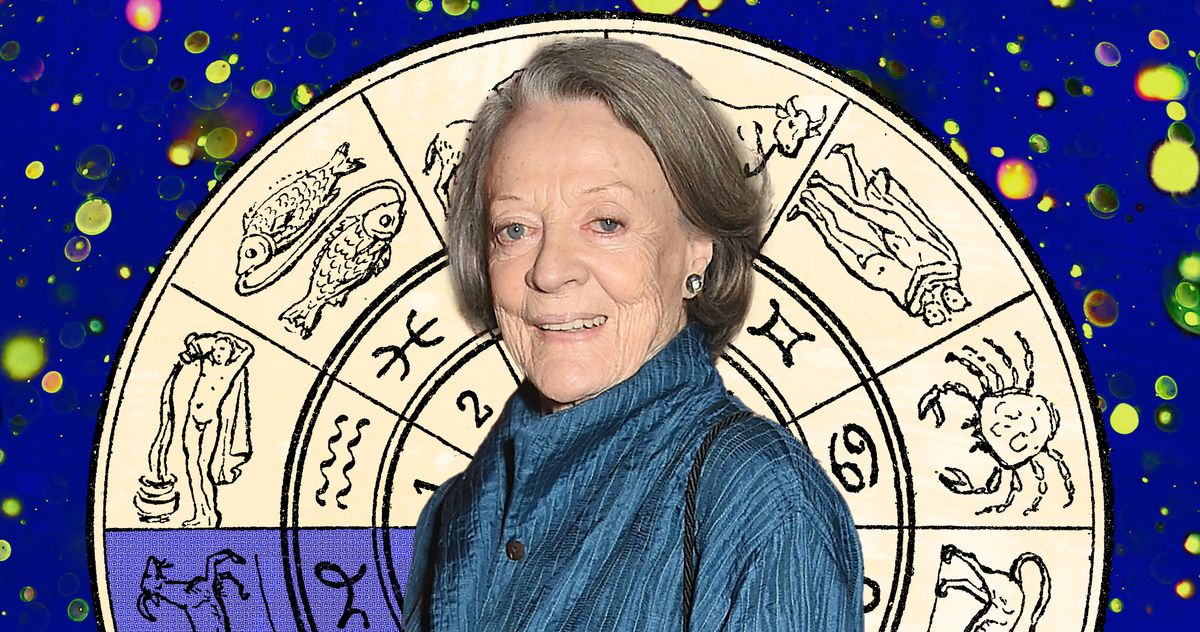Jobs
Wheeling mayor running for U.S. Senate seat

File photo
Wheeling Mayor Glenn Elliott, seen here at a previous State of the City Address, is one of three candidates for the Democratic nomination for U.S. Senate in West Virginia.
Glenn Elliott gave himself a year.
In 2009, he knew he needed to get out of Washington D.C., despite finding success in the legal profession. Success didn’t equal satisfaction, so he realized he needed to go. He wanted to return home to Wheeling. He just didn’t know how long he wanted to stay.
“I gave myself a year because I didn’t think I’d want to stay,” Elliott said of coming home. “I thought it’d be a great time to take some time off and just disconnect from the world for a little bit and start over.”
In trying to disconnect from the world, he reconnected with the community. The indecision disappeared. It wasn’t a question of if he would stay in Wheeling, but how he wanted to contribute.
He invested in the city with his pocketbook, buying a vacant historic Market Street building. Then he decided to invest in the city with his time and energy. He ran for mayor, served two terms in the seat, met his wife and had a son.
Yet, after eight years as Wheeling’s leader, the 52-year-old Elliott is not ready to rest. He wants to spread his wings, not just to work for his city, but to work for the entire state.
Elliott is one of three candidates for the Democratic nomination for United States Senate, joining Zachary Shrewsbury and Don Blankenship on the ballot. The winner of that race advances to the general election, and the Republican side of the ballot includes candidates such as Gov. Jim Justice and U.S. Rep. Alex Mooney.
Elliott understands the road ahead won’t be smooth. After building his leadership bonafides in the Northern Panhandle, he must introduce himself to the rest of West Virginia. He said he’ll try to conquer that task the same way he earned the mayor’s seat – by never shying away from hard work.
•••
Elliott’s path to adulthood was an impressive one — graduating from The Linsly School in Wheeling, from the University of Pennsylvania’s Wharton School of Business and then from the Georgetown University Law Center. Between Penn and Georgetown, Elliott served five years as a legislative aide for the late U.S. Sen. Robert C. Byrd, D-W.Va. Yet, the foundations of that path aren’t what people normally connect with such prestigious learning institutions.
On a video on his campaign website, Elliott visits the mobile home in the Mar-Win neighborhood of Wheeling where he spent the first six years of his life. The home sat on his great-grandparents’ property, much to the chagrin of his great-grandparents’ neighbors, he said.
But it was what they could afford.
Elliott’s parents would divorce and, after his mom remarried, he moved to Wintersville, Ohio, until he was 13, when he moved back in with his dad to attend Linsly. Elliott said he never felt like he wasn’t fortunate, but understood what sacrifices the family was making to make ends meet.
Then his father, who passed away late last year, lost his job as director of respiratory therapy at Ohio Valley Medical Center. After that, his father decided to pursue a lifelong dream of a medical degree at the West Virginia School of Osteopathic Medicine.
The issue, Elliott said, was that his dad’s income quickly fell to zero. To stay at Linsly required help from many outlets. His grandparents pitched in. Elliott said Linsly allowed him to attend his senior year at no cost. When he moved to Philadelphia to start at Penn, he had to finance 100% of his education, which he also had to do at Georgetown.
Gene Irisari has been one of Elliott’s best friends since they met on the first day of eighth grade at Linsly. He watched Elliott and his family face those hurdles and was always impressed by how resilient Elliott was in clearing them.
“He’s really self made, just resilient,” Irisari said. “Things would happen and he would always push through. He was always a super hard worker.”
Del. Shawn Fluharty, D-W.Va., has known Elliott for nearly 15 years, well before Elliott’s forays into politics. He said he bonded with Elliott over their shared experience of growing up in mobile homes as children. Fluharty said Elliott’s background made him more effective as an elected official.
“He’s not some silver-spoon guy who just had things handed to him in life,” Fluharty said. “He worked his way up, every step of the way. Whether you agree with his politics or not, we can all agree that he’s a real person, from real beginnings, real roots, and looks at everything with due diligence and puts people first.”
Elliott said those experiences influenced his political thinking.
“It’s not like a welfare idea, it’s just the idea of giving families what they need to make ends meet. The role of government shouldn’t be to basically sustain people, but instead should give people tools they need to find success on their own,” Elliott said.
“I think that’s one of the big differences between the liberal and conservative ideologies. Conservatives tend to believe in the pull-yourself-up-by-the-bootstraps thing. I remember when I worked for Sen. Byrd, he talked about that and said, when he was a kid, the first three rungs of the ladder weren’t there. So he was someone who literally did have to pull himself up, but you can’t expect every human being to have incredible resilience.”
•••
While personal experiences shaped his political thinking, his education sowed the seeds of his interest in politics. As a child, he loved the “I’m Just A Bill” song from “Schoolhouse Rock.” A freshman civics class at Linsly continued to build his interest. At Penn, Elliott majored in finance, but minored in political science, engrossed by an American political science class.










